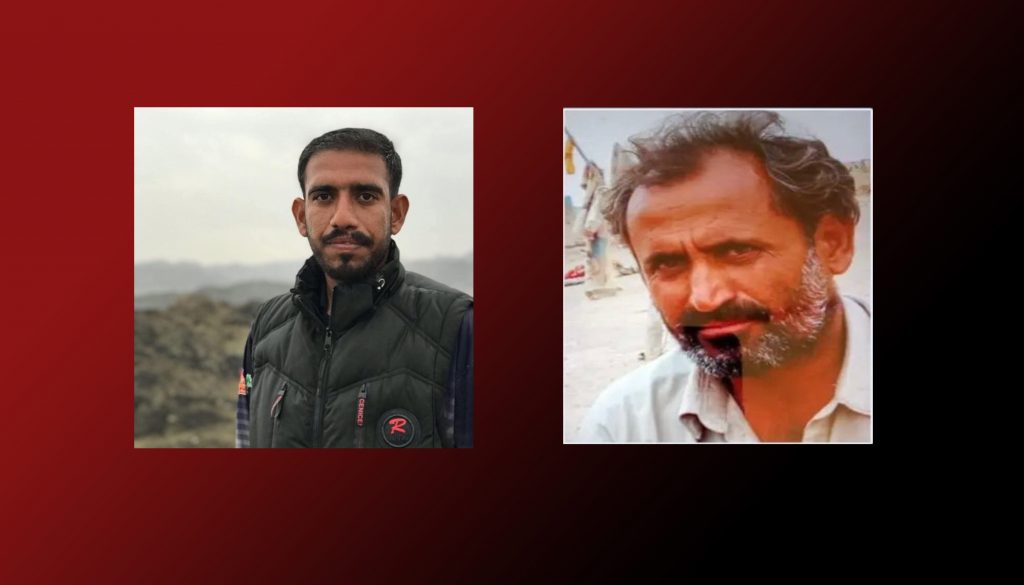According to reports, in the Panjgur district of Balochistan, a government-backed group, locally known as “death squads”, raided a house in the Parom area, abducting a man identified as Azeem, son of Khado. Upon his return, it was reported that he had suffered severe torture during his captivity and is currently in critical condition.
Meanwhile, in a separate incident, a previously missing youth named Zameer Sarwar from the Chah Sar area of Turbat has returned home after being released. Zameer was forcibly disappeared last week when Pakistani security forces allegedly detained him from his residence.
These incidents are part of a broader pattern of enforced disappearances in Balochistan, where reports of abductions, allegedly carried out by Pakistani law enforcement and military forces, occur almost daily. The phenomenon of enforced disappearances has long plagued the region, leaving families in perpetual anguish and uncertainty about the fate of their loved ones.
In recent months, there has been a noticeable surge in such cases, coinciding with intensified attacks by Baloch armed groups targeting Pakistani security forces and infrastructure. This escalation has led to a harsh crackdown, with an increase in raids, detentions, and disappearances, particularly in conflict-prone areas such as Panjgur, Turbat, and other parts of Balochistan.
Human rights organisations, both domestic and international, have repeatedly raised concerns over the growing number of enforced disappearances and the lack of accountability for those responsible. Victims are often held incommunicado, subjected to torture, and denied legal representation, with many never resurfacing. The issue remains a significant point of contention, fuelling resentment and further unrest in an already volatile region.

